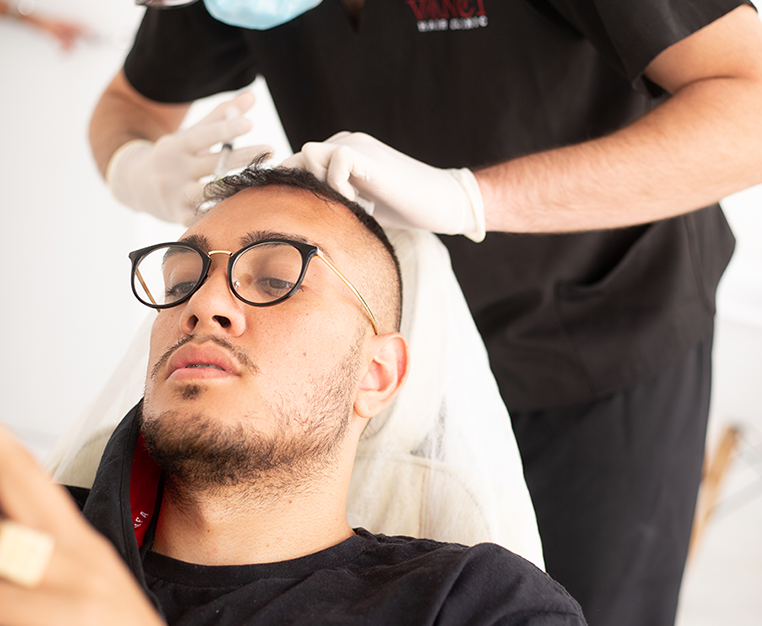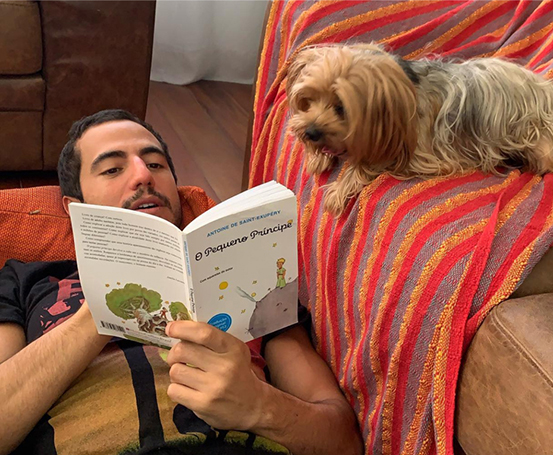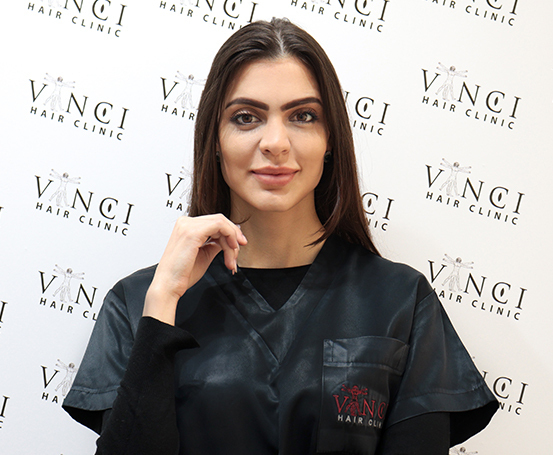Millions of people worldwide are affected by hair loss. And we all know what causes it, don’t we? Sure we do. It’s all down to genetics, hormonal changes or medical conditions. Sometimes it can be a combination of all of those or two of the three, but that’s it. End of story. Except that’s not the whole story. Some more unusual factors can also contribute to hair loss or thinning. In this article, we’re going to look at some of the more unexpected causes of hair loss, shedding light on lesser-known triggers that may surprise you.
Interested? Keep reading to find out more!
Emotional Stress
The first category of unusual causes we’re going to set before you is emotional stress. You may have heard that stress can affect your health, but did you know it can also impact your hair? Emotional stress, such as the loss of a loved one, a traumatic event, or chronic anxiety, can lead to a condition known as telogen effluvium. This condition pushes more hair follicles into the telogen or shedding phase, with hair starting to fall about three months after the triggering event.
Stress-related hair loss can be particularly upsetting, as it creates a cycle of anxiety and self-consciousness. To mitigate this, it’s important to prioritise self-care, engage in stress-reducing activities and seek support from loved ones or professionals to manage the underlying stress and promote hair regrowth. The good news is that hair loss caused by emotional stress often grows back once the underlying stress has been removed.
Harmful Haircare Habits
Few people are aware of the damage that certain haircare habits can do to their strands. While it’s common practice to use styling tools and products to achieve a particular look, excessive heat, chemical treatments and tight hairstyles can take a toll on your hair health. Overuse of flat irons, curling irons and blow dryers can damage the hair shaft, leading to breakage and thinning. Heat styling tools should only be used selectively, and heat protectant sprays should be deployed to provide a protective barrier for your hair.
Chemical treatments like relaxers, dyes and perms can also weaken the hair and cause it to become brittle. So, avoid overlapping treatments and give your hair plenty of time to recover between sessions. Choosing gentler alternatives, such as natural or ammonia-free hair dyes, can also reduce the risk of damage.
Additionally, tightly-pulled hairstyles such as braids, ponytails, or buns can lead to a condition called traction alopecia, where constant tension on the hair follicles causes hair loss. Giving your hair regular breaks from tight hairstyles, using gentle hair ties and avoiding excessive pulling or tugging can help prevent this type of damage.
Nutritional Deficiencies
The right diet plays a crucial role in maintaining healthy hair. Nutritional deficiencies, particularly deficiencies in iron, zinc, Vitamin D and biotin, can contribute to hair loss. Iron is essential for carrying oxygen to the hair follicles, while zinc supports hair growth and repair. Vitamin D is involved in hair follicle cycling, and biotin helps produce keratin, the main structural protein of hair.
To promote healthy hair growth, eat a balanced diet rich in lean proteins, fruits, vegetables, whole grains and healthy fats. Foods like these can provide the nutrients you need to keep your strands in top condition. If you suspect your hair loss is due to nutritional deficiencies, speak to your doctor who can run tests and guide you on dietary changes or supplements if required.
Environmental Factors
Exposure to air pollution, hard water, chlorine in swimming pools, ultraviolet (UV) radiation and other environmental factors can all contribute to hair damage and hair loss. Pollutants and chemicals present in the air can build up on the scalp, clogging hair follicles and impeding healthy growth.
To minimise the impact of UV rays on your hair, wear a hat or use protective hair products when you’re exposed to the sun. Washing your hair regularly with a gentle shampoo can help remove accumulated pollutants and keep your scalp clean. Rinsing your hair with clean water before and after swimming can mitigate the effects of chlorine or saltwater.
Final Thoughts
While these unusual causes of hair loss may surprise you, they serve as a reminder that our hair health can be influenced by a range of factors beyond genetics and hormones. By understanding these potential triggers, we can make informed decisions about our haircare routines and take steps to maintain a full head of healthy strands.
Remember, prevention and early intervention are key when it comes to managing hair loss, so don’t hesitate to seek professional guidance if you’re concerned about thinning or excessive shedding. At Vinci Hair Clinic, we offer a free, no-obligation consultation to all our new clients. The consultation can take place in person at one of our many clinics or by using photographs on the phone. Get in touch and book your appointment today!



